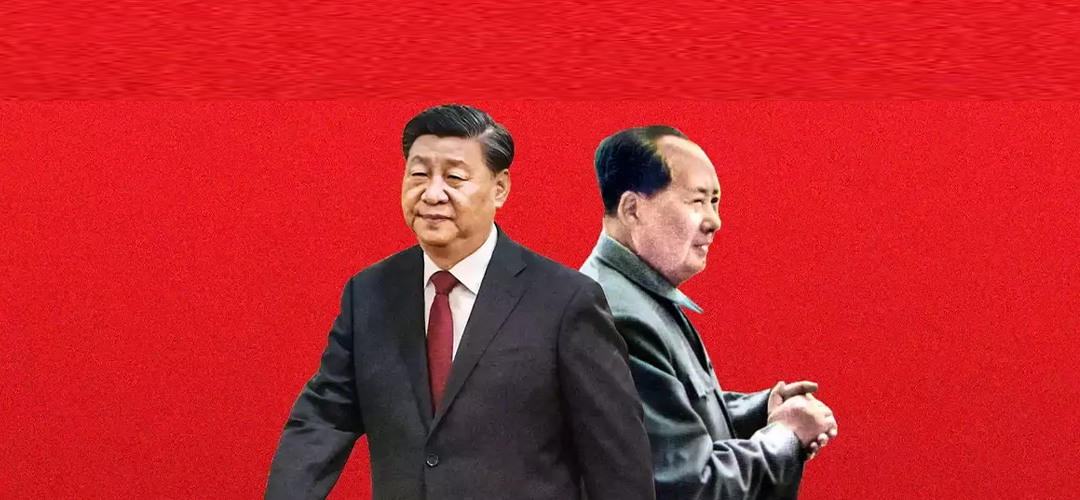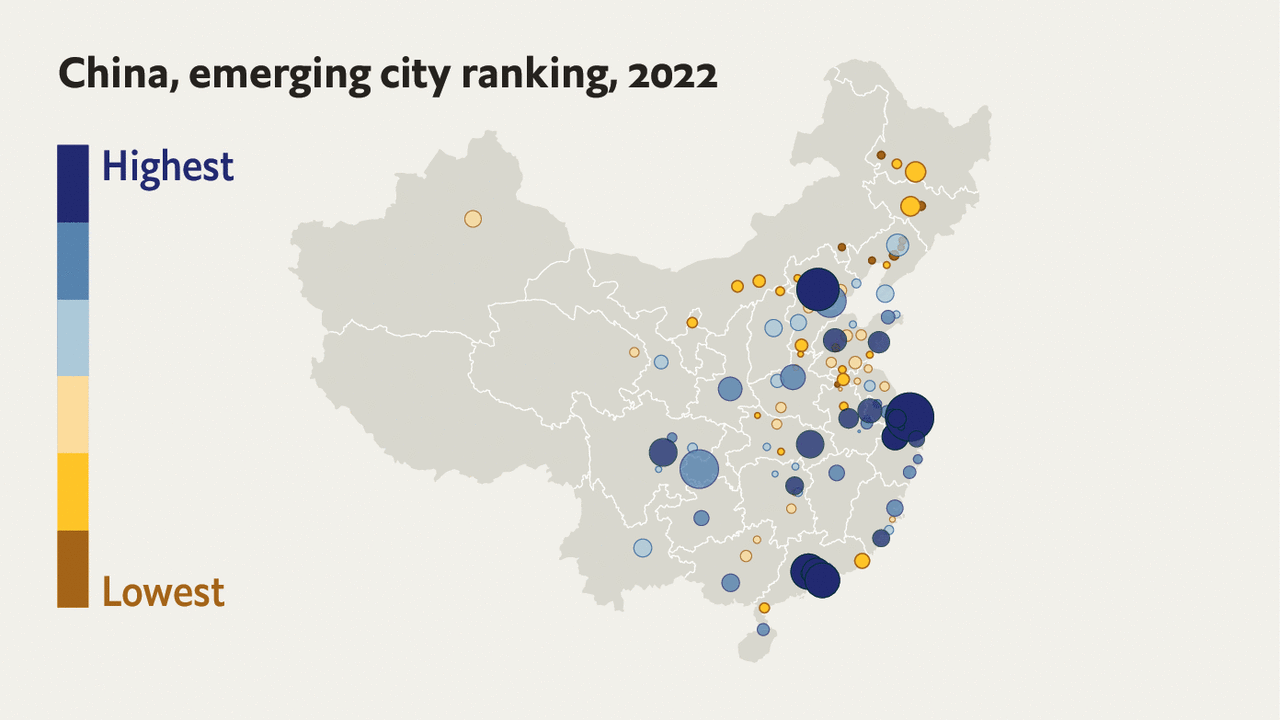BACK AT THE HELM
October 29, 2022 | Expert Insights

The National Congress of the Communist Party of China (CPC) conducted its 20th session from 16th October to 22nd October. The session was crucial since it established the upcoming leaders for the country and, in this case, decided if Xi Jinping would retain his position as party leader. As expected, Xi will be continuing his Presidency for a third term.
Other than Chairman Mao himself, no other Chinese leader has previously had the opportunity to rule for more than two terms. The 20th Party Congress was the first to have a 24-member Politburo over the usual 25-member committee. This is also the first time since 1997 that a female candidate was not represented in the Politburo. Since much of the event is carefully scripted to avoid speculations or mistakes, it is challenging to come across uncalled-for events. However, in a bizarre turn of events, Xi's predecessor Hu Jintao was escorted from the party congress when it was in progress. Though learning about what happened to Hu is difficult, it is easier to predict the route Xi will take next.
Background
Days before the national congress commenced, rumours went viral over social media about an alleged coup within the CPC and the arrest of President Xi. However, it proved to be fake news.
That President Xi has been planning for an extended tenure has been clear for some time now. He carried out constitutional changes as far back as March 2018 to enable such an eventuality by removing the two-tenure cap, which would have meant the end of his reign the following year. Since then, no worthwhile opponent emerged within the CPC; potential rivals were slapped with corruption charges and disappeared from public life.
Since the 18th CPC Congress in 2012, Xi has vowed to crack down on “tigers and flies,’ indicating that rank and privilege will be no guarantee for safety from prosecution for the ‘corrupt’. The campaign netted over 120 high-ranking party functionaries, government officials and even a dozen military officers of general/ admiral ranks. Critics claimed that Alibaba and other Chinese Big Tech had been steadily squeezed to cut them down to size and neutralise their influence amongst potential political rivals in the last couple of years.

Analysis
Xi’s third term might be his most ambitious one yet. Right from garnering power from the three pillars of the CPC: the politicians, the academicians, and the elites, Xi has meticulously woven loyalists around him. Many of the 2,296 delegates attending the party congress might have animosity towards Xi; however, they will never consider showing it explicitly since Xi is directly responsible for selecting them. Any form of opposition in China would mean a loss of power and reputation; therefore, there is little room for any opposition.
Using corruption to silence critics and opponents is a strategy dating back to Mao’s era. Mao used it when criticisms against his Five-Year Plan increased. Similarly, Xi used corruption charges against everyone who criticised him for being power-hungry and reckless with the economy. The Chinese elites who had accumulated immense wealth under previous regimes using corrupt practices have pledged their loyalty to Xi to retain their wealth. Business tycoons like Jack Ma have not been spared by Xi either.
Various projects undertaken by Xi, such as the Belt and Road Initiative (BRI), may undergo a revamp since Xi wants to cement his legacy throughout the world and not just within China. Though Xi has received another five years, they might not be sufficient to complete certain ambitious projects like the military modernisation program and the One Belt One Road initiative. Xi would also have to choose between military expansion or economic development in the coming days. Xi will have to rework his priorities with the need to reunify Taiwan at the earliest through military action, if necessary, amidst a falling housing market.
Three of the six people selected by Xi to help him lead the country were new. They consist of Li Qiang (who had worked under Xi), Ding Xuexiang (a senior aide), and Cai Qi (CPC secretary of Beijing). All six members are considered Xi loyalists and will not upset Xi with their policies. Moreover, these loyalists will ensure there are no chances of another leader usurping power from Xi.
With Xi back in control, neighbouring countries like India will closely monitor their borders to thwart any border-related issues. In his last term, Xi ensured the country's boundaries expanded based on historical maps, especially in the South China Sea. India also faced a similar thrust in its Northern frontiers, which continues.
Assessment
- The decision to elect Xi for the third time will have benefits and consequences. Xi will be able to complete unfinished projects and continue his foreign policy without any interruption. The dissent towards his rule could grow, day by day, for continuing for a third term. Sometimes, change is for the better and intractable problems can be best solved with a fresh mind.
- The U.S. and other Western countries will be discouraged from Xi’s extension. He has held his ground against the west. But any disruption in China-based supply chains could wreak havoc on the economy.








Comments